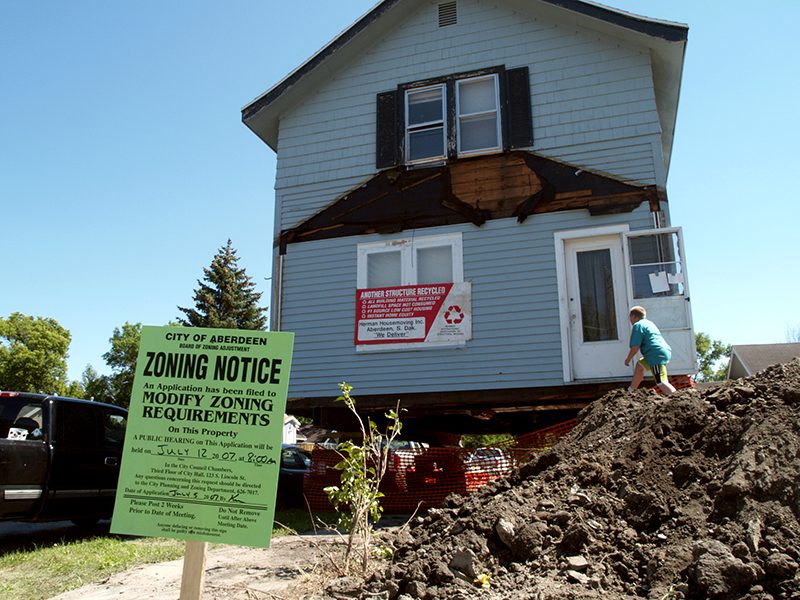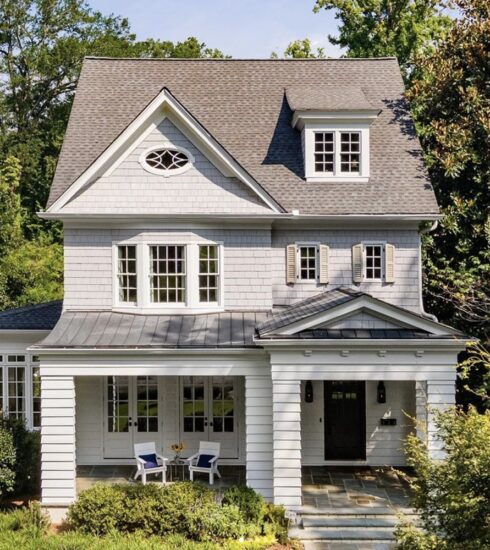New Home. Big Problems. What to Look for in a Fixer Upper
So, you’ve decided to buy your first home. But, after all the HGTV you’ve consumed over the years, you want to channel your inner Joanna Gaines and find the “worst house in the best neighborhood.”
While buying a fixer upper can be a sound investment and a great way to customize your home – the uncertainties that come with them can quickly turn your quaint home into a money pit. Luckily, there are numerous ways to finance your fixer upper and the unexpected issues that can come with them.
FHA 203K Loan Program
After the housing crisis, the United States Department of Housing and Urban Development (HUD) and the Federal Housing Administration (FHA) set out to find solutions for the issues that started the crisis – this produced the FHA 203k loan program.
Without getting into the boring specifics, the FHA 203k loan program is aimed at buyers looking to purchase and renovate a home. This loan fills a unique void with homebuyers by offering a smaller down payment than other traditional mortgages (at least 3.5%) and the ability to work closely with local lenders and contractors. This loan also helps homebuyers figure out the housing average in the neighborhood and return on investment for repairs and remodels.
For first time homeowners, the FHA 203k loan program can be extremely beneficial for purchasing a fixer upper. The loan will help you finance your shiplap and exposed beams, but will also help you fix an uneven foundation, faulty wiring or any other construction defects – all with the assistance of a pre-approved contractor and lender.
Work with a Qualified Home Contractor
Another beneficial way to make the most of your renovation budget – no matter what type of loan or mortgage you used – is to hire a contractor. Whether you took out a mortgage, used an FHA loan, or even paid cash for your home – hiring a contractor can help streamline the renovation of your home.
Contractors are highly skilled professionals who make a living remodeling houses. Most have been through the remodel process hundreds, if not thousands, of times, and they know exactly what needs to be done to bring your house up to code and ensure you and your family’s safety for years to come.
According to Ernest Freeman, a residential construction defects attorney, contractors can help ensure that every step of the renovation process is completed correctly and safely, or else they can potentially be held liable. If a contractor fails to properly install or inspect an aspect of the house that was under their responsibility, you may be able to hold them accountable if things go wrong down the road. Although no homeowner wants to have issues with their house, being able to hold an outside company liable can help pay for any necessary repairs or expenses that stem from the issue.
Know How Much Debt You Can Afford
It sounds like a silly statement, but the final bit of fixer upper advice, and something your mother has told you repeatedly, don’t go into more debt than you can afford. Knowing your debt-to-income ratio is an important aspect of owning a home, and knowing what mortgage, loan, or credit card payments you can actually afford to make should be one of the largest determinants of what you decide to do with your home.
Getting pre-approved for a home loan, home construction loan, or mortgage is a good way to get acquainted with your potential payments. Lenders take several things into consideration when approving buyers for loans including income, credit score, work history, other debts, payment history, and more. While their loan amount is what they think you are able to repay, only you know what you can handle. Additionally, you do not have to use the entire amount you are approved for.
Being confident in how much you can afford in a mortgage is a huge part of being a homeowner. Defaulting on your mortgage can lead to foreclosure, credit destruction, and can even cause homeowners to file for personal bankruptcy in some cases. Use your best judgement when determining how much you want to spend on your home each month.
Buying a home that needs some quality TLC doesn’t have to break the bank. Although most fixer uppers need a lot of work, first-time homebuyers have plenty of options for financing repairs. Whether it’s subway tile, quartz countertops, or exposed brick you want – there is always a way to make that happen and working with government agencies or qualified home contractors can help make the process more affordable, so that you can enjoy your home for years to come.









